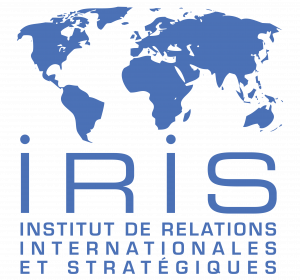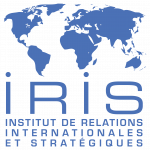The Armament Industry European Research Group (Ares Group) was created in 2016 by The French Institute for International and Strategic Affairs (IRIS), who coordinates the Group.
The Russian invasion of Ukraine has prompted the European Union to reassess its defence landscape. EU Member States have boosted defence spending to address equipment shortfalls, but national defence planning and acquisition, is hampering EU-level cooperation. The risk of isolated spending and fragmentation persists, particularly if non-EU procurement solutions are favoured. This is also the case of Romania. The country’s defence industrial sector has grappled with challenges since the fall of communism, which led to low technological sophistication and a shrinking defence industrial base. The U.S. has also played a pivotal role in Romania’s defence procurement and in providing a strategic security umbrella. Regarding short-term plans, Romania seeks modernisation of its armed forces through continued acquisitions from the U.S. and new agreements with South Korea. In the long term, Romania’s governmental defence sector should support the country’s booming IT sector and dual-use digital products, aligning with the EU’s focus on emerging technologies and cyber capabilities. Longer-term defence planning should also give higher priority to the EU’s defence innovation initiatives, while transparency and improving procurement practices remain vital.
Author: Raluca Csernatoni, Research Fellow, Carnegie Europe.
This text has originally been published on the IRIS website.



